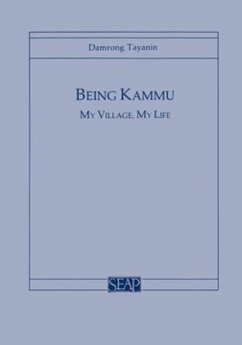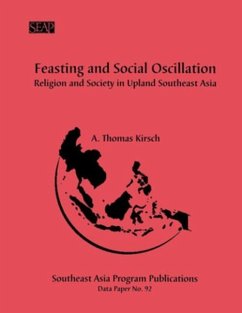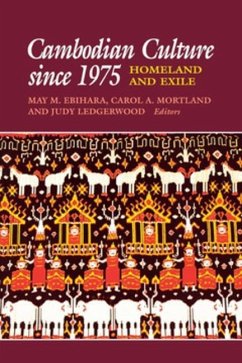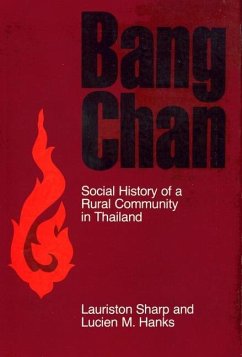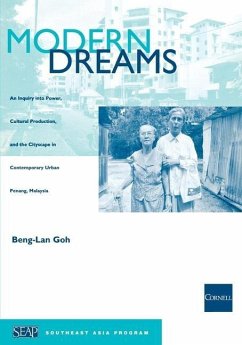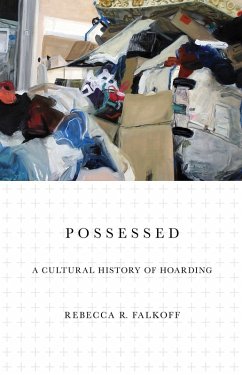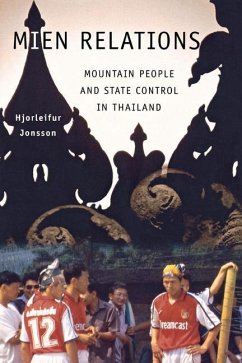
Mien Relations (eBook, PDF)
Mountain People and State Control in Thailand
Versandkostenfrei!
Sofort per Download lieferbar
122,95 €
inkl. MwSt.

PAYBACK Punkte
61 °P sammeln!
Thailand's hill tribes have been the object of anthropological research, cultural tourism, and government intervention for a century, in large part because these groups are held to have preserved distinctive ethnic traditions despite their contacts with "modern" culture. Hjorleifur Jonsson rejects the conventional notion that the worlds of traditional peoples are being transformed or undone by the forces of modernity. Among the Mien people of northern Thailand he finds a complex highlander identity that has been shaped by a thousand years of interaction in a multiethnic contact zone.In Mien Re...
Thailand's hill tribes have been the object of anthropological research, cultural tourism, and government intervention for a century, in large part because these groups are held to have preserved distinctive ethnic traditions despite their contacts with "modern" culture. Hjorleifur Jonsson rejects the conventional notion that the worlds of traditional peoples are being transformed or undone by the forces of modernity. Among the Mien people of northern Thailand he finds a complex highlander identity that has been shaped by a thousand years of interaction in a multiethnic contact zone.
In Mien Relations, Jonsson suggests that as early as the thirteenth century, the growing influence of Chinese and Thai state authority had led to a peculiarly urban understanding of the hinterlands-the forests and the mountains-as an area beyond state control and the rhetoric of civilization. Mountain peoples became understood as a distinct social type, an idea elaborated by government classification systems in the late nineteenth and early twentieth centuries. Their "discovery" by Western anthropologists is, he suggests, merely one more episode influencing Mien identity.
Jonsson questions traditional ethnography's focus on fieldwork and personal observation-and its concomitant blindness to political manipulation and to historical formation. Throughout Mien Relations, he revisits long-neglected connections between China and Southeast Asia, combines ancient history and contemporary ethnography, engages with the serious politics of representation without abandoning the quest to write ethnographically about particular communities, and keeps state control in view without assuming its success or coherence.
In Mien Relations, Jonsson suggests that as early as the thirteenth century, the growing influence of Chinese and Thai state authority had led to a peculiarly urban understanding of the hinterlands-the forests and the mountains-as an area beyond state control and the rhetoric of civilization. Mountain peoples became understood as a distinct social type, an idea elaborated by government classification systems in the late nineteenth and early twentieth centuries. Their "discovery" by Western anthropologists is, he suggests, merely one more episode influencing Mien identity.
Jonsson questions traditional ethnography's focus on fieldwork and personal observation-and its concomitant blindness to political manipulation and to historical formation. Throughout Mien Relations, he revisits long-neglected connections between China and Southeast Asia, combines ancient history and contemporary ethnography, engages with the serious politics of representation without abandoning the quest to write ethnographically about particular communities, and keeps state control in view without assuming its success or coherence.
Dieser Download kann aus rechtlichen Gründen nur mit Rechnungsadresse in A, D ausgeliefert werden.




